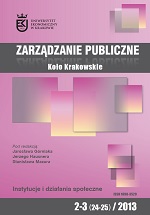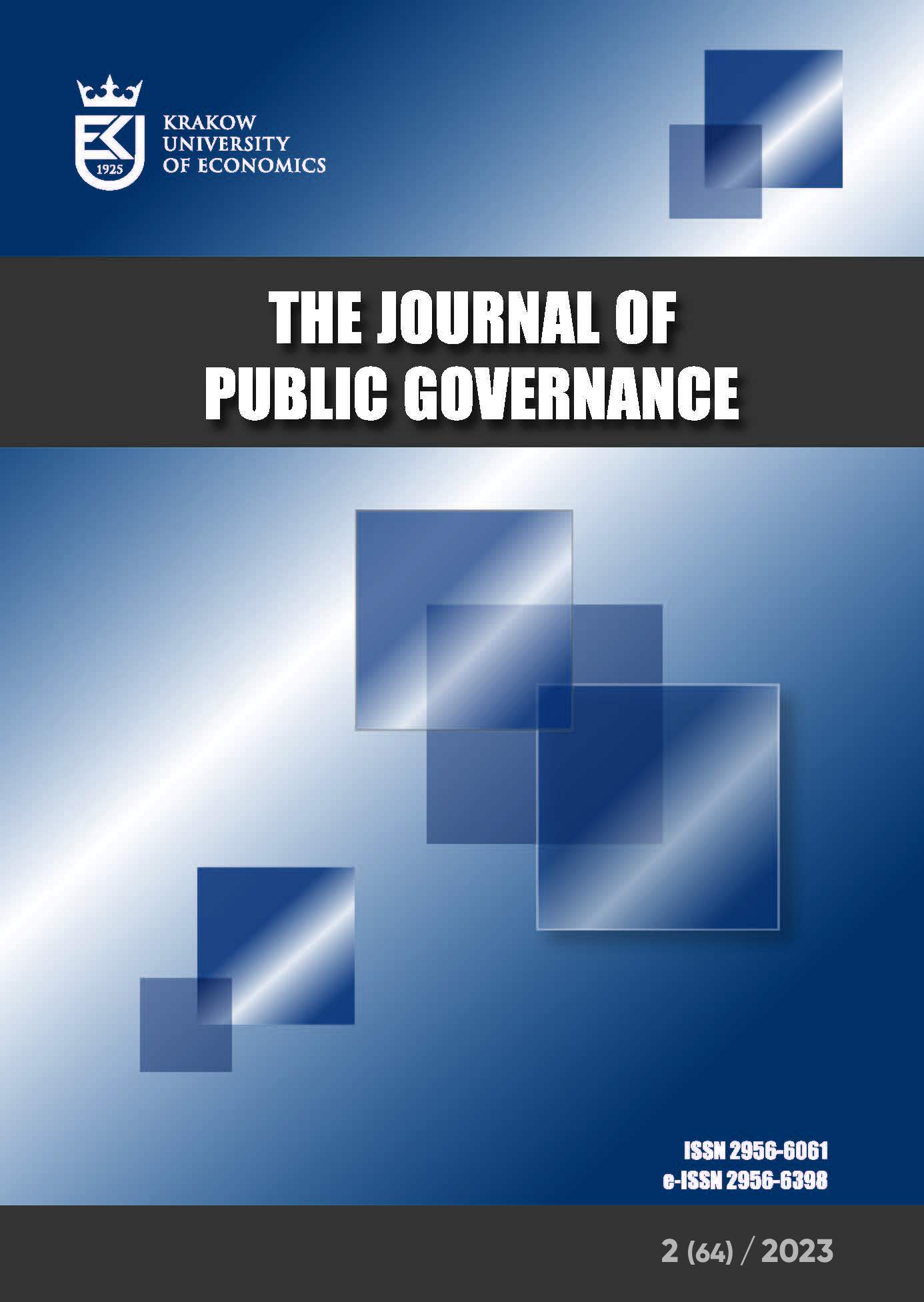The role of institutions in the post-Walrasian economics of David Colander and complexity economics
Keywords:
agent-based modelling, post-Walrasian economics, complexity economics, homo oeconomicus, institutions, methodology of economics, bounded rationality, multiple equilibriumAbstract
The main aim of the article is to present the basic elements of post-Walrasian economics, an economic school initiated in the 1990s by David Colander, American historian of economic thought. Colander questions the fundaments of mainstream economics, based inter alia on Leon Walras’s theory of general equilibrium. One of the key elements of the post-Walrasian economics is the acknowledgement of institutions as non-price coordination mechanism in the economy. The article discusses how elements of heterodox economic schools are introduced into the mainstream economics within the new complexity economics, and suggests essential amendments to the methodology of economics. As a conclusion, the author presents the implication of the economic thought of David Colander and other representatives of complexity economics for the economic policy.
Downloads
Downloads
Published
How to Cite
Issue
Section
License
Open Access, licence: CC-BY 4.0




